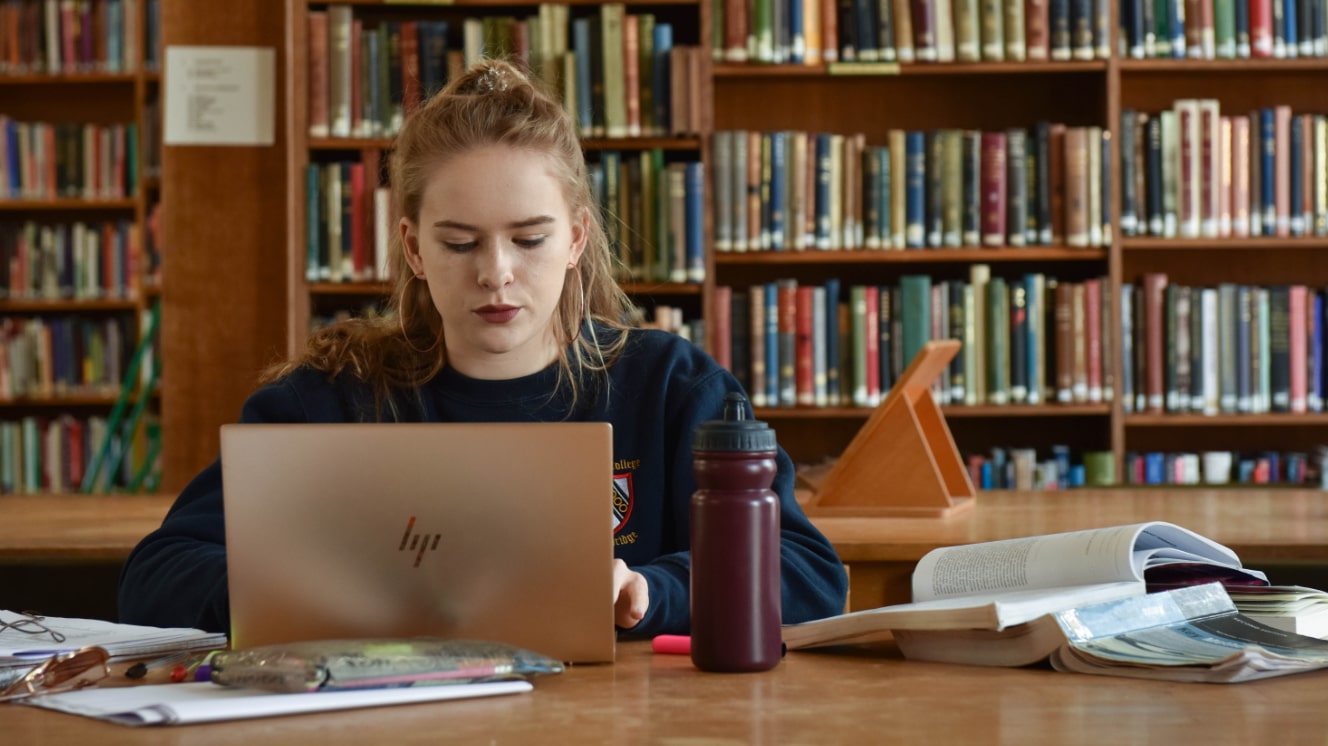One of the ways music is used to communicate is in order to express remorse or regret. But what does it mean to apologise through music? This set of resources takes the idea of apologising through music as a case study for exploring the social/cultural practice of music. We’ll look at the question on both the individual and social level and introduce methods and questions that will help you approach music critically.
Activity 1, “Musical Apologies”: This activity will provide background on research methods (including digital ethnography and reception studies) and questions that prepare you for thinking creatively about how to analyse musical apologies.
Activity 2 on “Performing Apologies” asks you to apply methods of analysing musical performance to two versions of Justin Bieber’s hit song “Sorry”. What characteristics make a song appropriate for an apology? Can we believe pop superstars when they sing their apologies?
Finally, in Activity 3, “Music and Conflict”, we take a look at the use of musical apologies as a way of resolving social conflict. How might singing ‘sorry’ influence the way we feel about those we have hurt or who have hurt us? What role can music play in conflict transformation? The final task in this activity asks you to construct your own research project on music and conflict.
Some of these activities may be challenging, but after you have worked through them you will have a better understanding of the possibilities afforded by studying music—and perhaps the next time you hear someone sing ‘sorry’ you’ll have a critical foundation from which to evaluate that apology.


